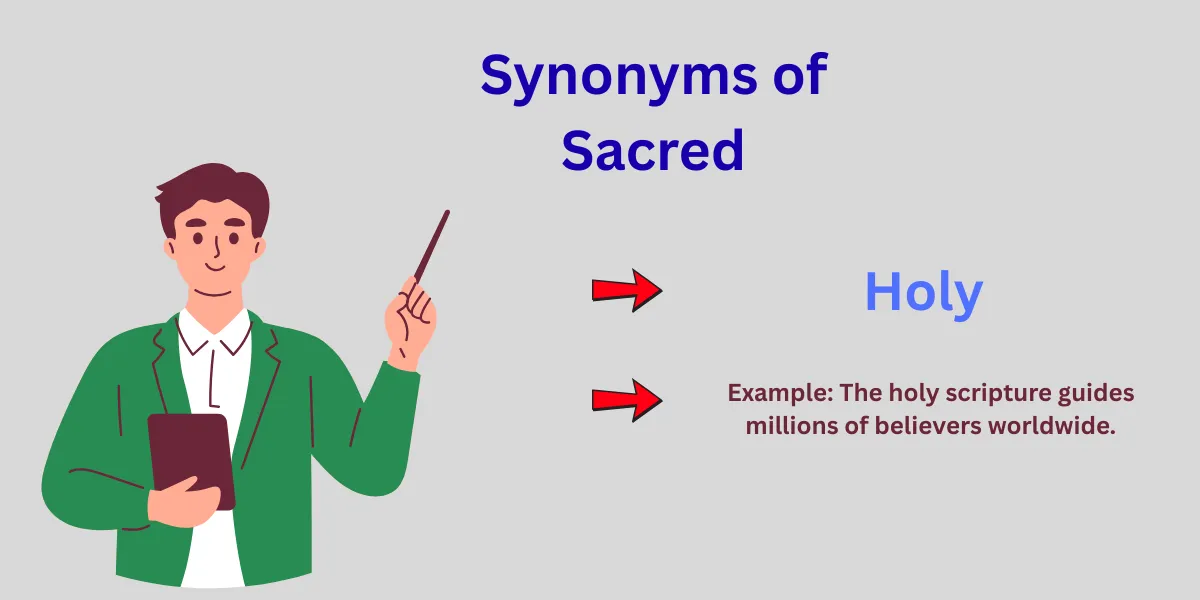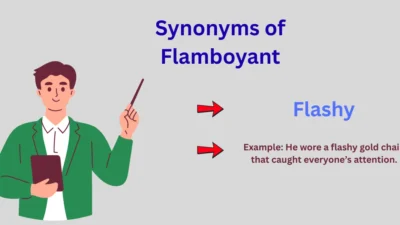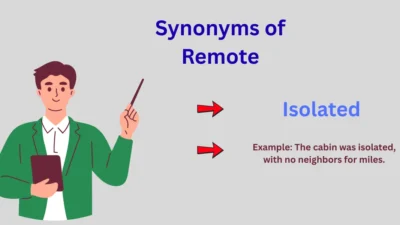When people search for Synonyms of Acute, they often want words that explain sharpness, quickness, or intensity. The word “acute” can mean many things—it can show a sharp pain, a quick mind, or a serious problem. Many learners also ask, how to use acute in a sentence effectively? The answer is simple: use it when you want to show something clear, strong, or urgent.
But “acute” is not the only choice. Its synonyms—like sharp, severe, keen, intense, or critical—give fresh ways to express the same idea. By knowing these synonyms of acute, you can make your writing more vivid, your speech more exact, and your thoughts easier to follow.
This guide will explore the best synonyms of acute, explain their meanings, and give real examples. By the end, you will know how to use them well and choose the right word for every setting.
What Does Acute Mean?
Acute means sharp, intense, or highly sensitive in degree or effect. It often describes things that stand out because of their seriousness or clarity. For example:
- An acute pain means a sudden, severe pain.
- An acute mind refers to someone who is very perceptive or intelligent.
- An acute angle in geometry is less than 90 degrees — sharp and precise.
The word carries a tone of urgency or heightened awareness, which makes it useful when describing anything striking, serious, or finely tuned.
Synonyms of Acute and When to Use Them
Here are 25 alternatives to acute, each with a brief description and example to help you choose wisely:
1. Keen
- Meaning: Highly developed or sensitive; sharp in perception.
- Example: She has a keen sense of smell.
- Use when: You want to emphasize sharpness or heightened sensitivity, often in senses or intellect.
2. Sharp
- Meaning: Having a thin edge or point; mentally quick.
- Example: His sharp wit caught everyone off guard.
- Use when: Referring to mental agility or physical edges.
3. Intense
- Meaning: Extreme or strength.
- Example: The intense heat made it hard to breathe.
- Use when: Highlighting strong emotions or effects.
4. Severe
- Meaning: Very great; harsh or extreme.
- Example: She suffered severe injuries in the accident.
- Use when: Indicating seriousness or harshness, often negative.
5. Piercing
- Meaning: Extremely sharp or penetrating.
- Example: His piercing gaze made her uncomfortable.
- Use when: Describing something that feels invasive or deeply perceptive.
6. Penetrating
- Meaning: Able to make a way through or into something.
- Example: She gave a penetrating analysis of the situation.
- Use when: Emphasizing insight or the ability to understand deeply.
7. Powerful
- Meaning: Having great strength or effect.
- Example: The speech was powerful and moving.
- Use when: Stressing impact or influence.
8. Sensitive
- Meaning: Quick to detect or respond to slight changes or signals.
- Example: He is sensitive to others’ feelings.
- Use when: Highlighting emotional or physical responsiveness.
9. Acute-minded
- Meaning: Having a sharp or quick intellect.
- Example: An acute-minded detective solves mysteries fast.
- Use when: Specifically describing intelligence or mental sharpness.
10. Vivid
- Meaning: Producing strong, clear images or sensations.
- Example: She had a vivid memory of her childhood.
- Use when: Emphasizing clarity or intensity in mental imagery.
11. Exquisite
- Meaning: Extremely beautiful or delicate.
- Example: The painting showed exquisite detail.
- Use when: Focusing on fine precision or beauty.
12. Subtle
- Meaning: Delicate or precise; not obvious.
- Example: There was a subtle change in his tone.
- Use when: You want to indicate something understated or nuanced.
13. Critical
- Meaning: Of great importance or involving careful judgment.
- Example: The team made a critical decision under pressure.
- Use when: Highlighting importance or judgmental sharpness.
14. Pointed
- Meaning: Direct and meaningful, often with a hint of criticism.
- Example: His pointed remarks made the argument tense.
- Use when: Emphasizing directness, sometimes harsh.
15. Incisive
- Meaning: Clear, sharp, and focused.
- Example: Her incisive comments cut through the confusion.
- Use when: Praising clarity and precision in thought or speech.
16. Discerning
- Meaning: Showing good judgment or insight.
- Example: A discerning reader will notice the symbolism.
- Use when: Describing careful evaluation or insight.
17. Acumen
- Meaning: The ability to make good judgments quickly.
- Example: His business acumen saved the company.
- Use when: Describing sharpness in practical matters.
18. Alert
- Meaning: Watchful and quick to notice.
- Example: Stay alert to changes in the environment.
- Use when: Indicating readiness and awareness.
19. Acute (in geometry)
- Meaning: Less than 90 degrees; sharp-angled.
- Example: An acute triangle has three angles less than 90 degrees.
- Use when: In mathematical or geometric contexts.
20. Scrupulous
- Meaning: Very careful to do what is right or proper.
- Example: She was scrupulous in her research methods.
- Use when: Emphasizing moral or procedural precision.
21. Brilliant
- Meaning: Exceptionally clever or talented.
- Example: A brilliant idea can change the world.
- Use when: Highlighting intelligence or excellence.
22. Accomplished
- Meaning: Highly skilled or proficient.
- Example: An accomplished pianist performs beautifully.
- Use when: Focusing on mastery or expertise.
23. Judicious
- Meaning: Having good judgment or sense.
- Example: The judge made a judicious decision.
- Use when: Emphasizing wisdom and fairness.
24. Fierce
- Meaning: Showing strong intensity or passion.
- Example: She had a fierce determination to succeed.
- Use when: Highlighting strong emotional or physical force.
25. Acute (medical)
- Meaning: Severe but short-term.
- Example: An acute infection requires immediate treatment.
- Use when: Describing conditions with a sudden onset.
How to Choose the Right Synonym
- Consider tone: Words like fierce and intense carry more emotional weight than keen or discerning.
- Context matters: Use acute for medical or geometric precision, sensitive for emotional or physical responsiveness, and incisive for mental sharpness.
- Audience awareness: In formal writing, words like judicious or scrupulous fit better than casual, shar,p or fierce.
- Cultural context: Some words (e.g., sensitive) may be preferred in emotional or psychological discussions, while critical is common in academic or professional settings.
Conclusion
Exploring the Synonyms of Acute shows how one word can carry many shades of meaning. Acute may describe sharp pain, a quick mind, or a serious problem, but its synonyms—like keen, intense, severe, or critical—let you choose the tone that fits best.
Each synonym gives a new layer to your expression. Some add force, some add clarity, and others highlight urgency. Using them with care helps you avoid flat language and makes your message stronger.
In the end, the word “acute” and its synonyms are more than vocabulary. They are tools that let you shape thought and feeling with precision. By using them well, you make your words both clear and powerful.




